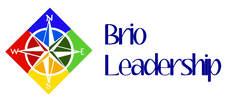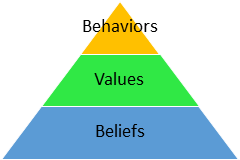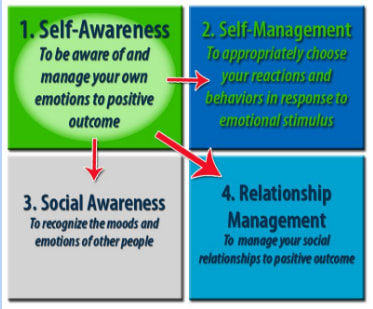|
Like it or not, the #MeToo movement has changed everything. Company executives can no longer leave their culture to chance or they may find their company featured in the news in the wrong way. Creating a positive, responsible culture that holds all team members accountable to the company’s values and standards of conduct is the best prevention of the abuses of power revealed by the #MeToo movement. In today’s atmosphere, all leaders must evaluate their organization’s culture and identify areas of vulnerability and potential problems. And evaluating your culture will also identify the strengths of your culture, from which you can build an even better one. The good news is that you can objectively measure your company’s culture. The bad news is that not all so-called culture assessments truly measure it. Some of these assessments that purport to evaluate organizational culture are instead measuring the climate of the organization. To understand this, let’s start with definitions of organizational culture and organizational climate to help make this distinction. Organizational Culture is a combination of values, beliefs, and behavioral norms (meaning the way a team member must behave to fit in). Values and beliefs are hard to measure. You may think that values are easy to perceive – after all, most companies have their values posted on the wall! To the contrary, what we are referencing are not the values that are declared but the actual values that are exemplified by the actions of the leaders and team members. Although most organizations espouse positive values, the way people actually behave can exemplify a different set of values. For example, a company may declare integrity to be a core value, but the best sales people pad their expense reports with a few personal purchases while management turns a blind eye. Beliefs, though truly invisible, are the foundation of any culture. An example of an organizational belief is “money is scarce, so we can’t take any risks with our money”. Certainly, actions can refer to beliefs, but it is very difficult to tease out the underlying beliefs of a company.
1 Comment
I dimly remember my high school graduation, but two people and their stories stand out to me: The valedictorian of the class was a nerdy, bookish guy who went to an Ivy League school and majored in science but is lost (to me, anyway) in obscurity. But our class president, who was charming and friendly to everyone, was elected to state senate years later. My point is this: Both my personal experience and scientific research show that emotional/social intelligence, or the ability to positively manage your own emotions and relationships with others, is more important to your professional and personal success than is your intellectual intelligence. Emotional/social intelligence is the biggest predictor of performance in the workplace. That makes sense. People who can identify and regulate their own emotions, can empathize with others and manage social relationships to positive outcome are going to get along better with others, be better liked and be considered a “people person” who is more likely to excel at management. Emotional intelligence can be separated into four quadrants of skills that looks like this: Notice that the top two quadrants pertain to your own emotions, and the bottom two have to do with your awareness of others. The reason that the arrows point away from the first quadrant is that the strength of your Self-Awareness is foundational and affects your abilities in all other areas. Think of it this way: if you can’t recognize and manage your own feelings, how can you recognize them in others? Dr. Daniel Goleman popularized the concepts of emotional intelligence in the mid-1990’s with his seminal book, Emotional Intelligence: Why it can matter more than IQ (1994). For leaders, I prefer his subsequent book, co-authored with Richard Boyatzis and Annie McKee, called Primal Leadership: Realizing the Power of Emotional Intelligence (2002), which documents how a leader’s emotional intelligence sets the tone for the rest of the team. This best seller can be a bit nerdy for some, with its academic citations and neuroscientific arguments. (I’m a little nerdy, so I loved reading this book!) It is definitely not a quick read. For that reason, in our group coaching we will read Emotional Intelligence 2.0 (2003) by Travis Bradberry and Jean Greaves, which provides good background EQ information and also contains strategies to help with the four quadrants of EQ as depicted above. Goleman offers several competencies that a highly emotionally intelligent leader should possess. We will discuss these in our group coaching meetings, so it is important that you know a little about them.
Leadership question: How often can you, as a leader, lose your temper? You may think that losing your temper is never a good thing, or you may think that losing your temper as a viable motivational act. Neither is ideal: As an executive coach, I advise losing your temper once a year for optimal impact. If you do it more often, you become a bully. Losing your temper when it really matters makes a huge impression on those around you when it is an unusual occurrence.
These three strategies, if focused on, will add rocket fuel to your emotional intelligence and increase your leadership effectiveness.
|
From the desk of
|
Our services |
Our Company |





 RSS Feed
RSS Feed

